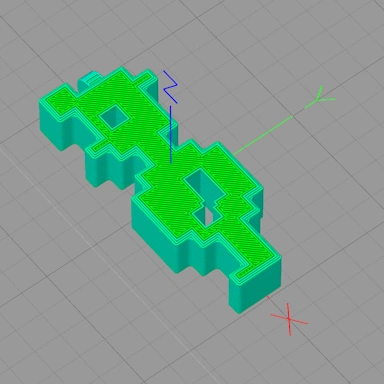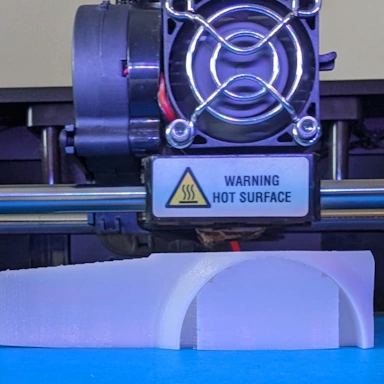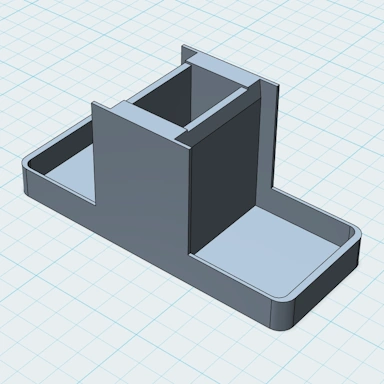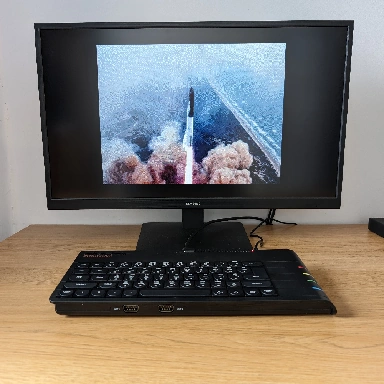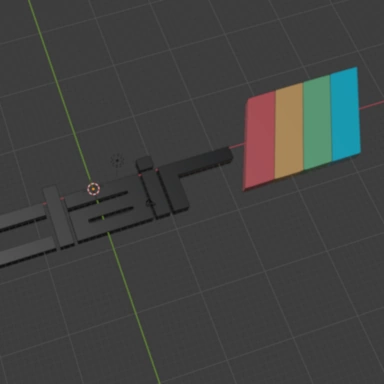| Full Name | Standard Triangle Language |
| Extension | STL |
| Type | 3D Model |
| Mime Type | application/vnd.ms-pki.stl |
| Format | Text |
The STL file format is used for storing 3D models and is a common format for distributing 3D printable models. STL files emerged in the 1980s as a format for storing a 3D mesh as a simple list of triangles. Due to its age and simplistic format, it has gained widespread support within 3D modeling and CAD applications.
As a result of the simple file format and its widespread support amongst 3D editors, the STL format has found itself as the format of choice for the distribution of 3D printable objects. There are many websites that offer 3D printing downloads in the STL format.
Mesh Geometry
As mentioned, STL files make use of a simple structure for containing the 3D mesh data. The 3D model is stored as a continuous list of triangles, with each triangle containing three vertices specifying the location in 3D space of the triangle, which, along with a single vector normal, is all that is required to render the model contained within the STL file. There are two formats of STL files: plain text and binary. When used with large and complex 3D models, the text format leads to very large file sizes and should be avoided, with the binary format offering more efficient storage of the mesh data.
STL Converter Capabilities
As materials containing color information is supported by the STL format, our tool will do its best to include this in the converted file.
| Full Name | Graphics Language Transmission Format |
| Extension | GLB |
| Type | 3D Model |
| Mime Type | model/gltf-binary |
| Format | Binary |
The Khronos Group developed GLB files as a format for storing complex 3D models. The format was first introduced in 2015 and aimed to create a format that could be easily adopted by third-party developers. Subsequent versions have followed this initial release, adding more complex features.
Support for GLB files is growing and has found support in many modern 3D model editors, such as Blender, which currently supports importing from and exporting to the GLB format.
Mesh Geometry
At the heart of the GLB format is its ability to store 3D geometric mesh data, which comprises vertices, faces, normals (both face and vertex normals), and texture coordinates. The data is saved in a compact binary format, ensuring GLB files are compact and easy to distribute.
GLB Converter Capabilities
As materials containing color information is supported by the STL and GLB formats, our tool will do its best to include this in the converted GLB file.

